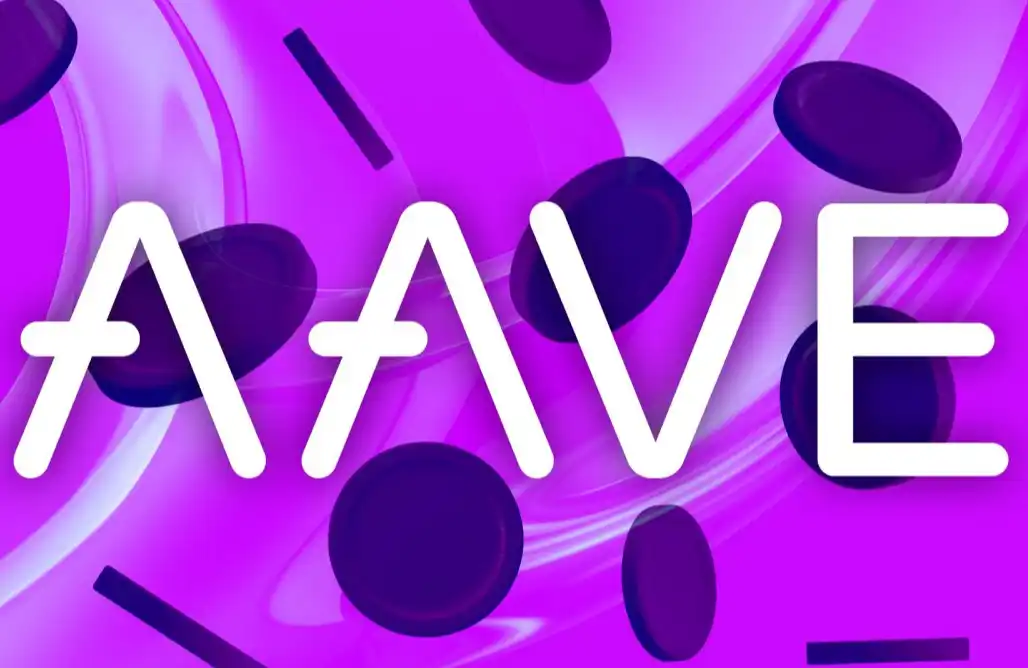Anthropic's AI Copyright Settlement: A Turning Point for Generative AI Valuation and Risk Mitigation
- Anthropic's copyright settlement with U.S. authors avoids $900B+ penalties, marking a pivotal shift in AI's legal and data compliance strategies. - The case clarifies "fair use" ambiguities, requiring AI firms to prove legal data sourcing amid rising regulatory demands like the EU AI Act. - Industry trends show a shift from shadow libraries to licensed data marketplaces, increasing costs but creating opportunities for compliant data infrastructure firms. - Long-term profitability now hinges on balancing
The recent settlement between Anthropic and a class of U.S. authors marks a pivotal moment in the evolution of generative AI. By resolving a lawsuit that threatened to impose potentially catastrophic financial penalties, the agreement not only averts immediate risk for the AI startup but also signals a broader shift in how the industry navigates intellectual property (IP) law, data sourcing, and long-term profitability. For investors, this case underscores the growing importance of legal compliance and ethical data practices in assessing the viability of AI companies.
Regulatory Clarity and the Fair Use Dilemma
The lawsuit, which alleged that Anthropic trained its Claude AI model on pirated books from shadow libraries like LibGen, hinged on a critical legal question: Can AI training on copyrighted material qualify as “fair use”? While U.S. District Judge William Alsup ruled in June 2025 that training AI on copyrighted works could be transformative, he also affirmed that the means of data acquisition—unauthorized downloads—constituted infringement. This nuanced outcome creates a regulatory gray area: AI developers may retain some protection under fair use, but they must now prove that their data is legally sourced.
For investors, this signals a new era of scrutiny. Regulatory bodies and courts are increasingly demanding transparency in how AI models are trained. The European Union's AI Act and proposed U.S. legislation on data provenance are already moving toward mandatory licensing and disclosure requirements. Companies that fail to adapt risk not only legal penalties but also reputational damage, which could erode market confidence.
Data Sourcing: From Shadow Libraries to Legal Marketplaces
The settlement highlights a seismic shift in data acquisition strategies. Previously, many AI firms relied on web scraping and unverified datasets to build large training corpora. Now, the legal and financial risks of such practices are undeniable. Anthropic's agreement to improve transparency and implement opt-out mechanisms for authors reflects a broader industry trend: the rise of legal data marketplaces and licensing consortiums.
For example, OpenAI and Google have already begun negotiating licenses with publishers and authors' estates, while startups are exploring Creative Commons and public-domain datasets. This shift will likely increase operational costs, particularly for smaller firms, but it also creates opportunities for companies that specialize in compliant data infrastructure. Investors should prioritize AI firms with transparent data pipelines and partnerships with content creators.
Long-Term Profitability: Balancing Costs and Innovation
The financial implications of the settlement are profound. While the exact terms remain undisclosed, the case illustrates the existential risks of IP litigation. Anthropic's CFO had warned that potential damages could have exceeded $900 billion, a figure that dwarfs the company's projected $5 billion in 2025 revenue. By settling, Anthropic avoids a precedent that could have forced other AI firms into similar legal battles, but it also sets a benchmark for how investors evaluate risk.
For long-term profitability, AI companies must now factor in the cost of legal compliance. This includes not only licensing fees but also investments in data governance tools and ethical AI frameworks. While these expenses may reduce short-term margins, they are essential for sustaining growth in a regulated environment. Investors should look for firms that demonstrate agility in adapting to these changes, such as those integrating rights-aware filters or blockchain-based provenance tracking.
Investment Implications and Strategic Recommendations
The Anthropic settlement serves as a cautionary tale and a roadmap. For investors, the key takeaway is that AI valuations are increasingly tied to legal and ethical risk management. Startups with opaque data practices or weak IP defenses will face steeper valuation challenges, while those that prioritize compliance will gain a competitive edge.
- Prioritize Transparency: Invest in AI companies that disclose their data sources and have clear opt-out mechanisms for content creators.
- Monitor Regulatory Trends: Track developments in AI legislation, such as the EU's AI Act and U.S. copyright reforms, to identify companies that align with emerging standards.
- Diversify Data Strategies: Support firms that leverage licensed datasets, public-domain content, or synthetic data to reduce legal exposure.
- Assess Legal Resilience: Evaluate a company's ability to navigate IP disputes, including its reserves for litigation and partnerships with legal experts.
The Anthropic case is not an isolated event but a harbinger of broader industry transformation. As courts and regulators continue to define the boundaries of AI and IP law, companies that proactively address these challenges will emerge as leaders in a maturing market. For investors, the path to sustainable returns lies in backing innovation that respects both legal frameworks and the rights of content creators.
Disclaimer: The content of this article solely reflects the author's opinion and does not represent the platform in any capacity. This article is not intended to serve as a reference for making investment decisions.
You may also like
Hudbay Minerals' Resilient Recovery and Operational Continuity Post-Wildfire
- - Hudbay Minerals swiftly resumed operations after a 2025 Manitoba wildfire, demonstrating robust crisis management and infrastructure protection. - - The company maintained 95% of its Q3 2025 production guidance, reinforcing investor confidence through transparent, disciplined execution. - - HBM's stock showed below-industry volatility during the crisis, highlighting operational resilience as a key differentiator in climate-risk-prone mining sectors. - - The incident underscores the growing importance o

A detailed analysis of the AAVE V4 upgrade: Reshaping lending with modularity, can the old token see a new spring?
This V4 update may allow us to see its strong competitiveness in the DeFi sector in the future, as well as the underlying reasons for its continuously increasing business volume.

XRP News Today: SBI's XRP Bet Stands Strong Amid Blockchain Expansion Surge
- SBI Holdings reaffirms XRP's strategic role in cross-border payments despite new blockchain partnerships with Chainlink, Circle, and Startale. - Chainlink's CCIP and compliance tools enhance SBI's infrastructure, but XRP remains critical for live corridors like Japan-Philippines due to cost efficiency. - SBI's ventures include USDC adoption with Circle and RWA tokenization with Startale, aiming to merge traditional finance with DeFi for 24/7 trading. - XRP's $2.92 price resilience and $176B market cap re

Ethereum News Today: VersaBank Aims to Redefine Digital Banking with FDIC-Backed Tokenized Dollars
- VersaBank USA launches tokenized deposit pilot using USDVBs, FDIC-insured digital tokens backed by cash deposits. - Pilot tests thousands of low-value transactions on Algorand, Ethereum, and Stellar blockchains via proprietary platforms. - Bank seeks OCC non-objection to commercialize USDVBs, emphasizing compliance with BSA and OFAC regulations. - USDVBs differ from stablecoins by offering bank-issued interest and enhanced security through federal charter. - Program aims to establish VersaBank as a leade
